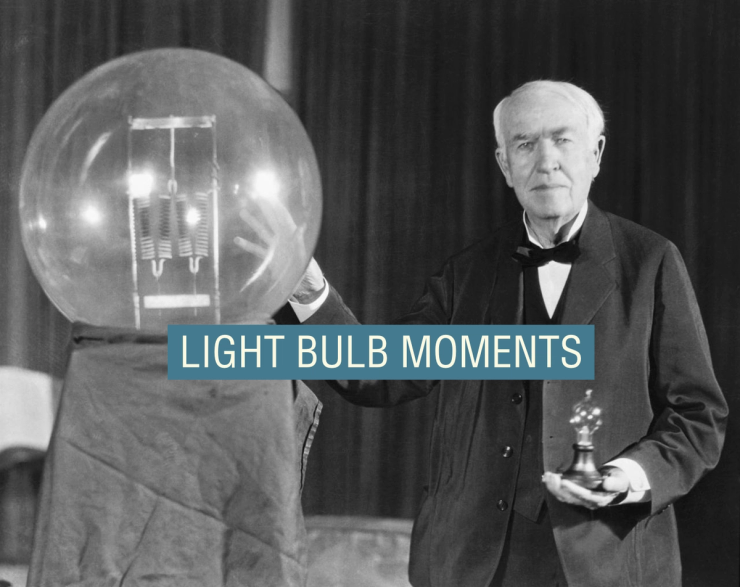On my vacation last week, I read Edmund Morris’s doorstopper biography of Thomas Edison, which explains how America’s most famous inventor was actually something more valuable: a master of systems who knew that brilliant ideas mean nothing without brilliant delivery systems.
Edison’s genius was less in his lab notebooks — his beloved direct current turned out to be a loser in our alternating-current world — than in his grasp of network effects and utility. He didn’t invent electricity; he invented the business of electricity.
Today’s AI rush is heading toward the same split. The technical marvels, large language models like ChatGPT and Claude, may well become commodities. Data centers are sprouting up everywhere, and skilled engineers will soon start pouring out of top universities. They’ll boil oceans, copyright laws or no. LLMs will be the new electrons — crucial but mostly fungible.
The real fortunes will lie where they always have, in distribution and application. So who wins? Companies like Salesforce, already wired into thousands of businesses, control the last mile to customers. Microsoft and Alphabet are building apps to turn raw compute power into business solutions. Perplexity’s co-founder recently told Semafor’s Reed Albergotti that tech CEOs must “position [their] product with the assumption that the models are eventually going to be great and affordable.” Hence, his interest in buying Google’s Chrome browser.
The lesson from Edison’s era holds: Invention’s midwife can matter more than its mother. For a less sepia-toned analogy, look to Steve Jobs. Apple invented the smartphone, but its software, supply chain, brand, and distribution put it in a billion pockets.



